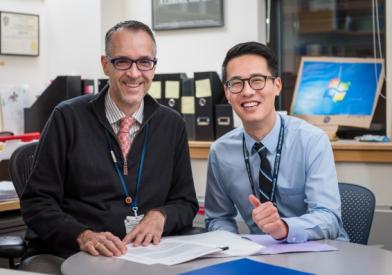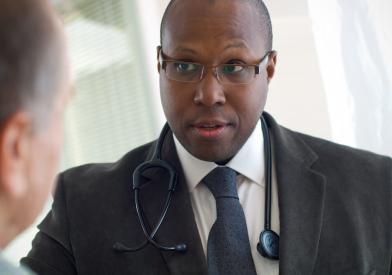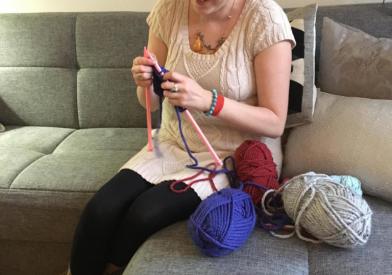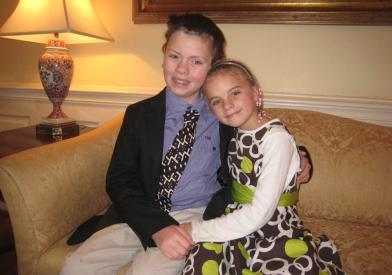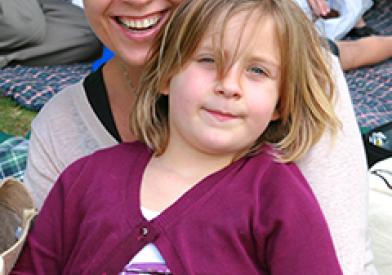Supporting Emotional Health During Childhood Cancer Treatment
The diagnosis and treatment of childhood cancer and blood disorders bring many emotional and practical challenges. You and your family don't have to face them alone.
Our Pediatric Psychosocial Oncology team, part of our Department of Psychosocial Oncology and Palliative Care, includes social workers, psychologists, school psychologists, resource specialists, and psychiatrists, all of whom have special expertise in the social, emotional, and psychological aspects of caring for children with cancer and blood disorders.
Information on our Psychosocial Oncology Program is also available in Arabic, Chinese, and Spanish.
About Our Program
Our Services: Psychosocial Support for the Whole Family
Meet Our Pediatric Psychosocial Care Team
Contact the Pediatric Psychosocial Oncology Program
Pediatric Psychosocial Oncology Fellowships
Learn about our Post-Doctoral Psychology and Post-Master Social Work Fellowships in Pediatric Oncology, which train candidates who are interested in pursuing a career in pediatric psychosocial oncology.
Programming
Parents Together
Parents Together is place to learn and build connections:
- Education and support to help you manage the challenges of a child's diagnosis.
- Build connections with other parents who are experiencing similar struggles.
Sibling Program
The Sibling Program offers the following:
- Connect siblings to one another.
- Provide tools and resources for parents and schools to support sibling adjustment and understanding.
School Liaison Program
The School Liaison Program provides school-related support to parents and schools of pediatric patients who have completed CNS-involved treatment:
- Consultation and psychoeducation about the cognitive late effects of treatment and help to advocate for their child's learning needs.
- Collaboration with school districts to help a child reach their academic potential.
Grupo de Apoyo para Padres, en Español
Invitamos a los padres Hispanos a que participen en un grupo de apoyo, en español. El grupo se reúne los martes a las 2:00 de la tarde en la plataforma de Zoom. Si desea participar por favor comuníquese con Jorge Fernandez (jorge_fernandez@dfci.harvard.edu), trabajador social.

